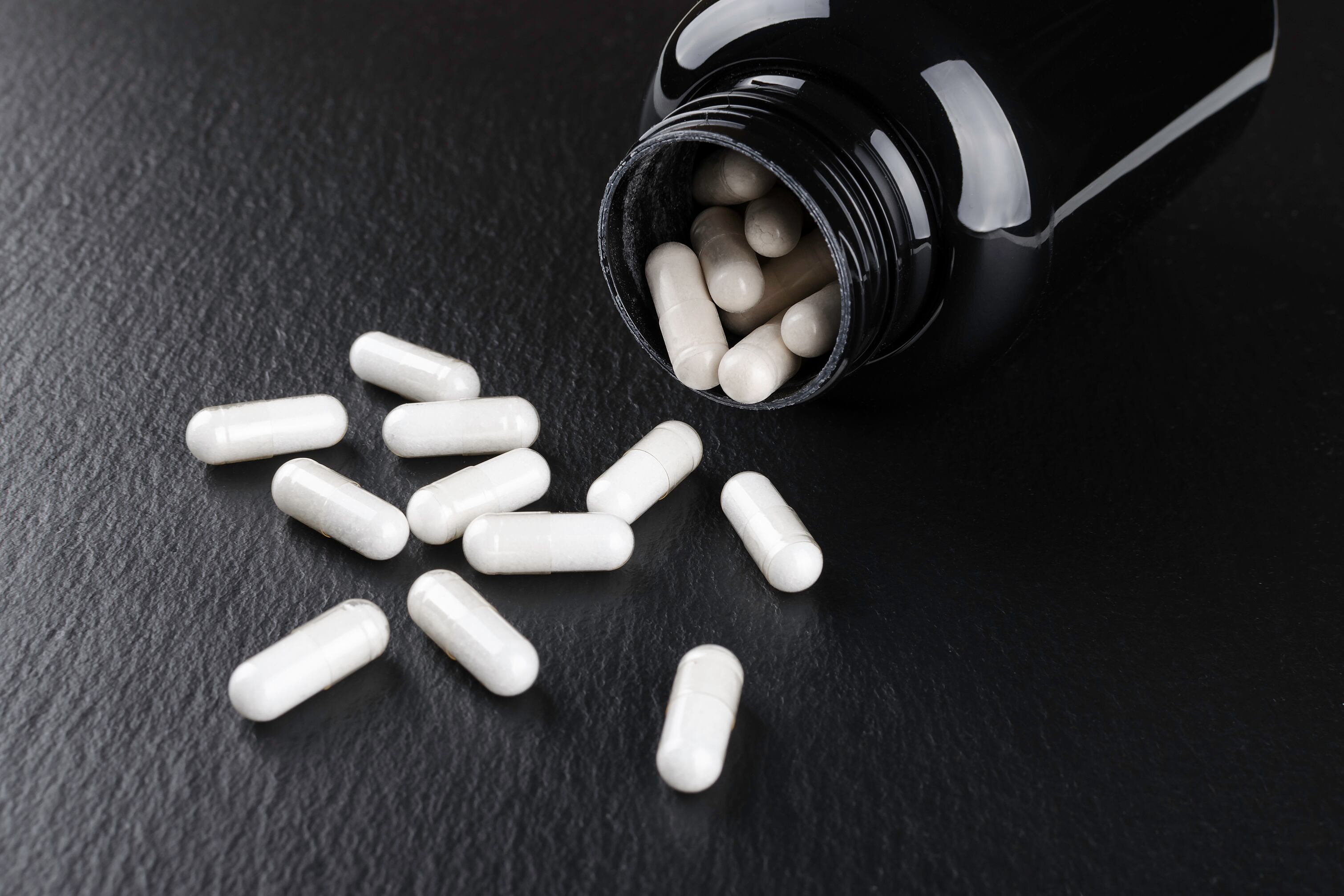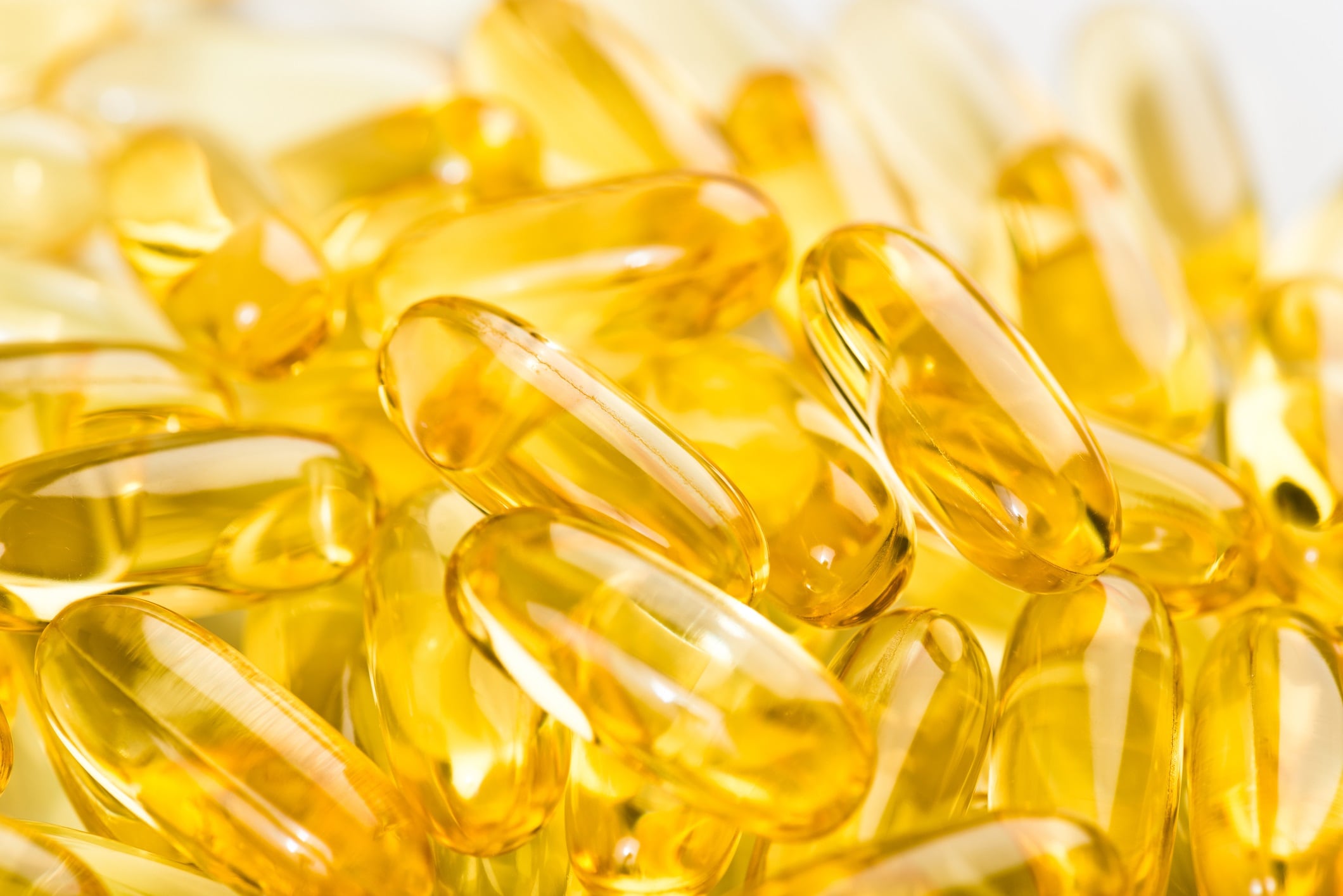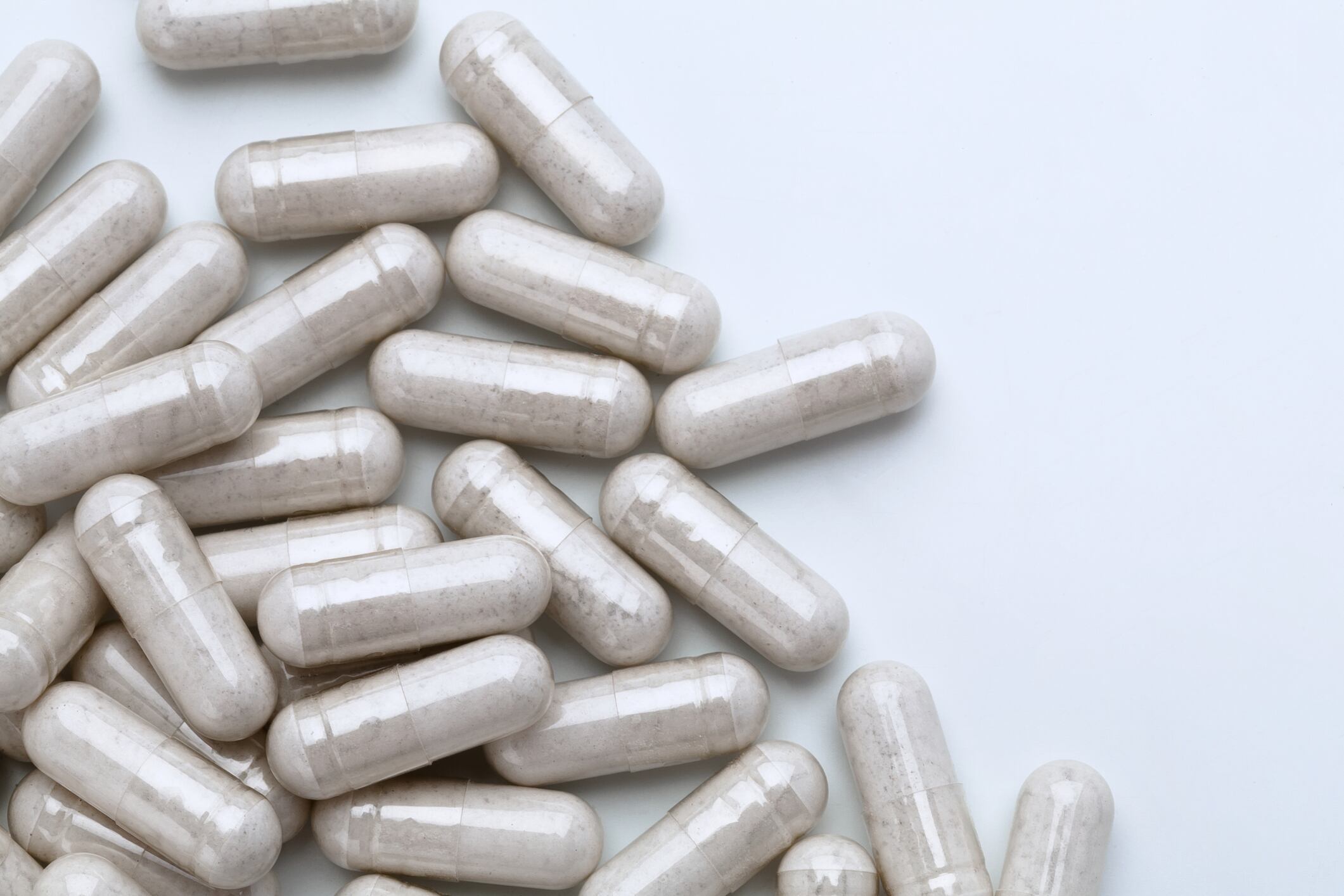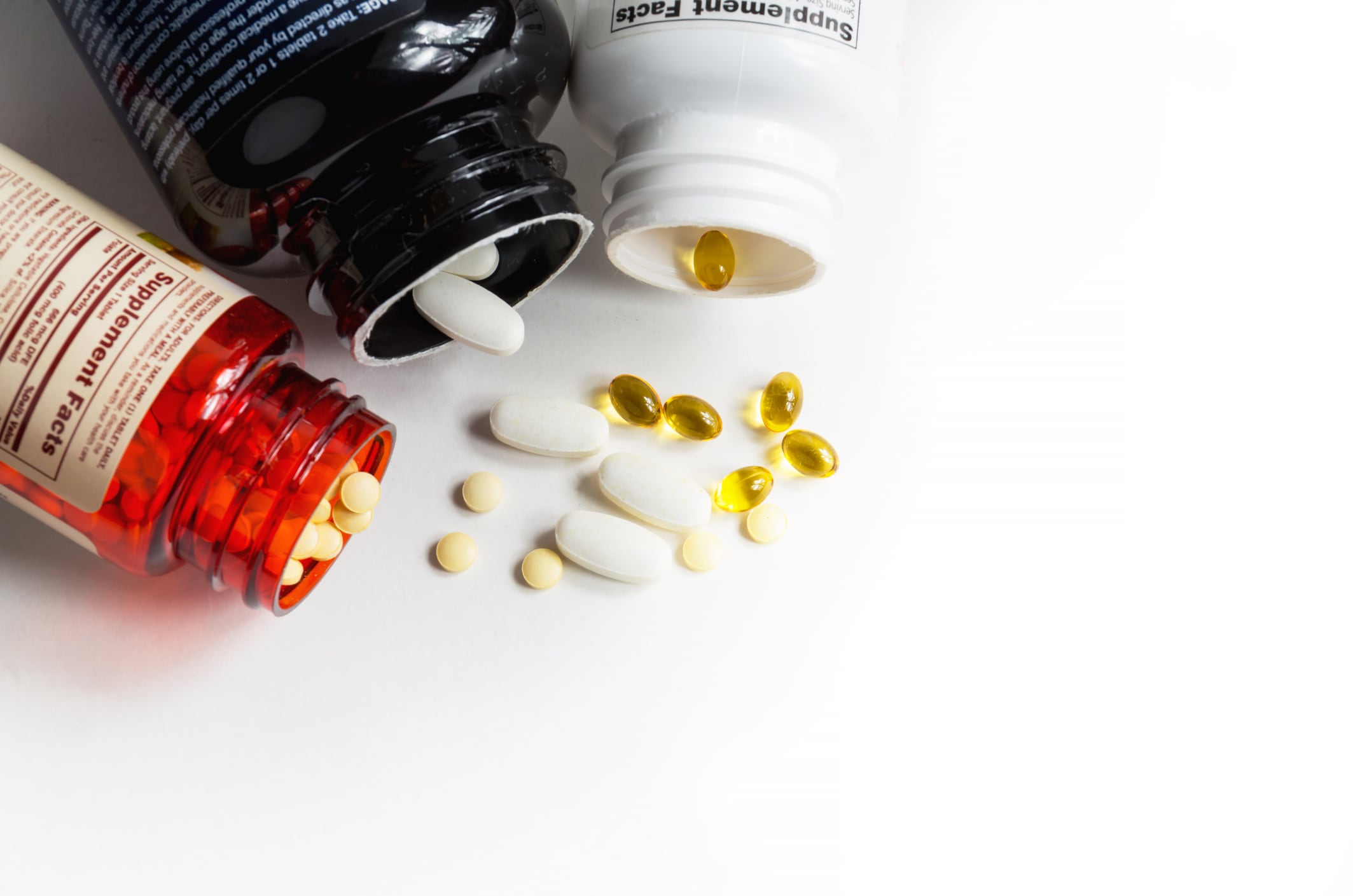As reported by NutraIngredients-USA in March, Amazon was seeking a CoA from an ISO/IEC 17025 accredited laboratory (in-house or third party) for each dietary supplement being applied to list.
In an update issued last week, Amazon now states that in addition to the CoA from an ISO/IEC 17025 accredited laboratory (in-house or third party), a finished product CoA may also be issued by an in-house laboratory that is compliant with current good manufacturing practices (cGMPs).
The e-tailer accepts GMP certificates from the following specified third-party programs: NSF (NSF/ANSI 173 section 8), GRMA (GRMA 455-2), UL GMP, USP GMP, Eurofins, SAI Global, SGS, Intertek, TGA, and SSCI.
An alternative is to provide evidence of enrollment in an Independent Quality Certification Program. This list has also been updated and expanded and now includes: NSF/ANSI 173 Product Certification, NSF Certified for Sport, BSCG Certified Drug Free, Informed-Choice/Informed-Sport Program, USP Dietary Supplement Verification Program, UL Brand Certification Program.
Missing from the update now is the request for a Letter of Guarantee from the brand owner of the product that guarantees compliance with cGMPs and other assurances.
“Significant improvements”
Commenting on the update, Loren Israelsen, President of the United Natural Products Alliance, said he sees this update as progress.
“Appreciating the world Amazon lives in, which is partly human but mostly machine, they are dealing with dietary supplements and trying to establish requirements within that context,” he said. “The initial requirements from Amazon were largely developed by internal processes and thoughts, with some external advice, but that v1.0 was seen as not consistent with industry practice.
“Version 2.0 represents there was a listening session. The team in charge of this is working extremely hard to collect, think though, embrace, and modify v1.0, and they did.
“Amazon recognized that the letters of guarantee did not satisfy what Amazon wanted to know, there wasn’t enough depth, do they got rid of them.
“The key elements of v2.0 are to get rid of what’s not working and to expand what is. Amazon has also deepened the bench on those who can verify and certify GMPs. These are significant improvements.
“That said, Amazon will be continuing, I think, to move toward a v3.0,” added Israelsen.
“The right call”
Aaron Secrist, Executive Vice President of Quality, R&D and Operations, at NOW Health Group, told NutraIngredients-USA: “I think the move to require laboratory compliance with cGMPs is the right call. As we discussed previously, dietary supplement laboratories are not required to be ISO/EIC 17025 accredited but they are required to be cGMP compliant. The FDA devoted an entire subpart of the Rule (21 CFR 111) to laboratory compliance (Subpart J). This is true for any laboratory, in-house or contract, used for testing of dietary supplement components or finished products.
“Having ISO/EIC accreditation does not necessarily mean that the laboratory will meet federal cGMP requirements. Even when a laboratory does have ISO/EIC 17025 accreditation, the scope is limited to specific testing in a specific product matrix or matrices.
Secrist continued: “Additionally, ISO/EIC 17025 accreditation does not exist anywhere for all of the numerous methods needed for the dietary supplement industry especially when coupled with all of the various matrices. We believe a better indication of laboratory compliance is for companies to show a valid third-party cGMP certification from a legitimate and well respected program such as SSCI, USP, UL or NSF where the laboratory is audited and certified to be in compliance with 21 CFR 111.
“Since dietary supplement third party contract laboratories are not inspected by the FDA for compliance with 21 CFR 111, ISO/EIC is probably an appropriate requirement in order for the laboratory to be deemed technically competent. The real proof, however, is for the brands themselves to go and visit their third-party contract labs and have someone that is an expert in laboratory cGMP compliance audit them for compliance to the requirements of 21 CFR Part 111 and make sure that each method being used to analyze their products/components is fit for purpose.”
Secrist confirmed that the letter of guarantee was indeed removed from the requirements outside of a reference to it in the FAQ (#7), “where a previous application was denied due to a defective letter of guarantee”.
"I think the focus has rightly been shifted away from, “provide a guarantee that you are meeting the federal statutes and requirements” to a “show me that an independent body has looked at your operation and can certify that you are meeting the requirements”, which I think is a much better approach," added Secrist.
“Steps in the right direction”
Abhishek Gurnani, Partner at Amin Talati Wasserman, LLP, called the updates “steps in the right direction and evidence that Amazon is hearing industry’s concerns."
“The option to provide in-house testing with evidence of third-party audit from a reputable certifier tremendously decreases the burden on companies, while continuing to advance Amazon’s intent behind the program,” Gurnani told NutraIngredients-USA. “While the in-house model is a step in the right direction, unfortunately, we continue to see varied feedback from the staff at Amazon who are tasked with reviewing these submissions. The goal at Amazon should be to have a standardized application review and approval process, so that it is not always a moving target with different team members reviewing different applications and providing conflicting feedback.”
Learning the lessons of Confidence USA
Not everyone was supportive of the changes. Elan Sudberg, CEO of Alkemist Labs, said: “When the initial new Amazon requirements called for testing to be performed by an ISO 17015 accredited lab I knew there would be push back because among the labs in this industry, only a few labs are like Alkemist Labs and have achieved ISO 17025 accreditation. And we all know that in-house labs with the capabilities and proficiencies of a company like NOW are the exception, not the rule for in-house labs in this industry.
“So, while I understand the logic and have great respect for those at Amazon who are trailblazing and improving the quality tolerance, I fear that the easement will do nothing to prevent another Confidence USA situation from happening again.”
Confidence USA, a Long Island, NY-based company, was ordered to close in March after a decade of alleged non-compliance with cGMP regulations, including a failure to conduct and/or document identity tests on ingredients as well as failure to verify that its products met specifications for purity, strength, composition, and contamination limits. The company claimed GMP certification from prominent certifiers in the past and tested its products in-house.
“Confidence USA slipped through these exact cracks the new eased requirements open the door to, and there is not much more from preventing another Confidence USA debacle again today,” said Sudberg.
“From my perspective, the industry should use that case as a road map of what to fix. How can we make it impossible for that to happen again?”





